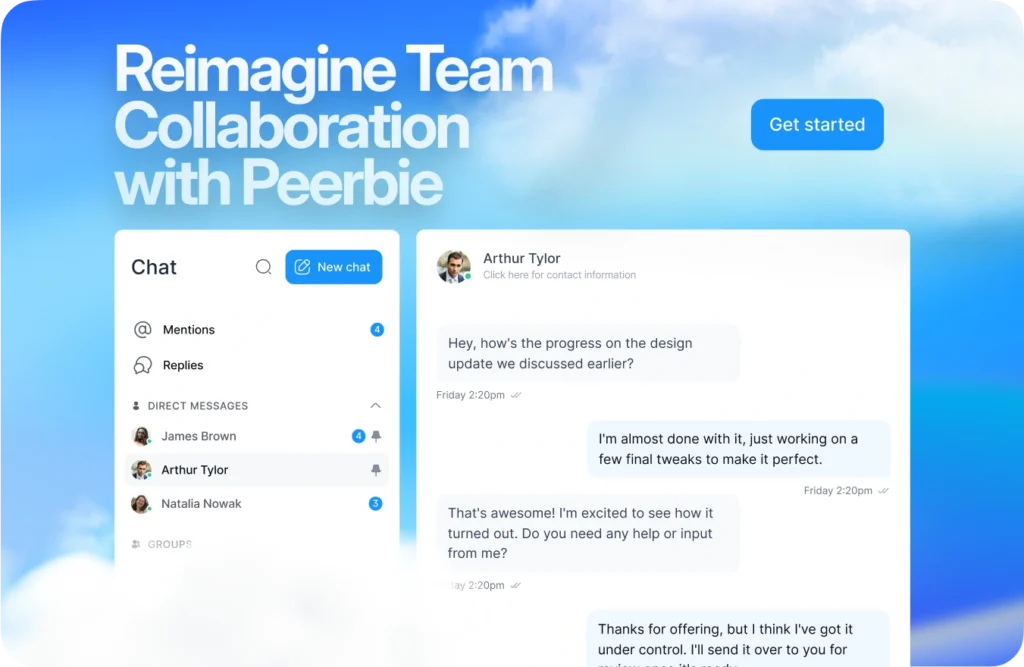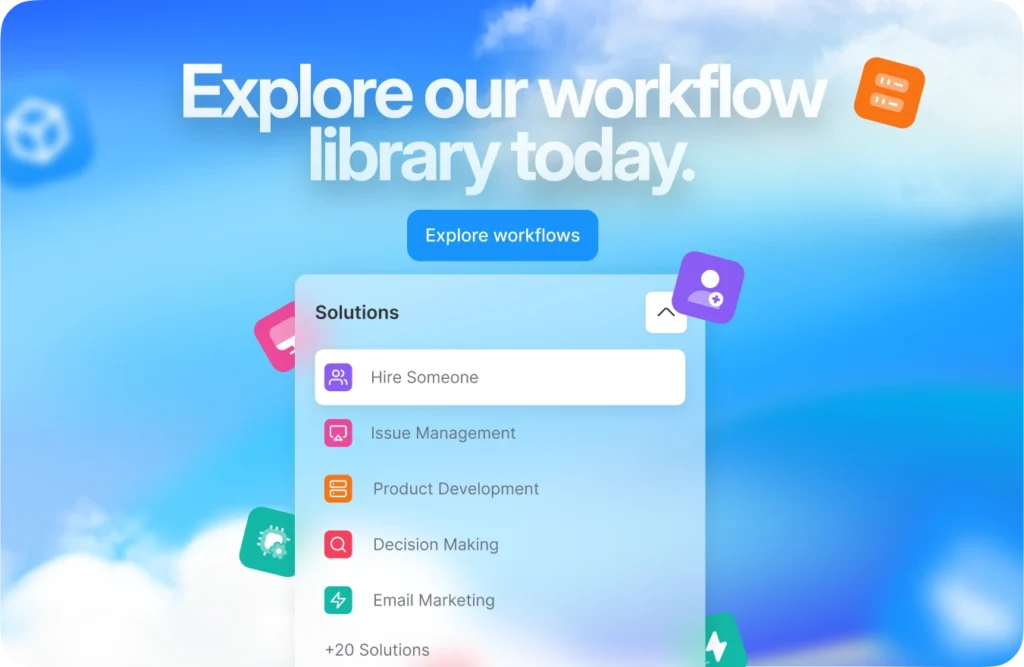15 Tips for Managing a Software Project

Managing a software project is no easy feat. From planning and execution to delivery and maintenance, every phase requires careful coordination, communication, and control. A well-managed software project ensures that objectives are met within the allocated time, budget, and quality standards. However, software projects often face challenges such as scope creep, changing requirements, and technical uncertainties.
To successfully navigate these challenges, project managers adopt structured methodologies and best practices. Whether using Agile, Waterfall, or a hybrid approach, the goal remains the same: deliver high-quality software that meets stakeholder expectations.
Understanding Software Project Management
Software project management involves the planning, execution, and delivery of software development initiatives. It ensures that resources are optimally utilized, risks are minimized, and goals are met within the set deadlines.
Key Objectives of Software Project Management
- Delivering software that meets client and stakeholder expectations
- Managing time, cost, and resources effectively
- Ensuring smooth collaboration among team members
- Minimizing project risks and challenges
- Maintaining software quality through rigorous testing
Role of a Software Project Manager
A software project manager plays a pivotal role in ensuring project success. Their responsibilities include:
- Defining project scope and goals
- Coordinating tasks and assigning responsibilities
- Monitoring progress and addressing roadblocks
- Communicating with stakeholders and team members
- Managing risks and ensuring quality controlresources are utilized effectively and everyone stays on track.

Challenges in Managing Software Projects
Software projects face unique challenges, including rapid technology changes, unclear requirements, and communication barriers among diverse teams. By understanding these hurdles upfront, project managers can implement strategies to mitigate risks, fostering a smoother development process.
Here are 15 essential tips for managing a software project effectively, drawn from best practices in software development team management, whether you’re working with a traditional team or a remote software development team. These strategies will equip you to navigate your next software development adventure successfully. Without further ado, let’s dive into the project management tips!
15 Key Strategies for Managing a Software Project
- Define Clear Objectives and Scope
The first step in managing any project is to define its objectives and scope clearly. This involves understanding what the project aims to achieve and the boundaries within which it will operate. Clearly defined objectives and scope help prevent scope creep and keep the project focused.
- Assemble a Skilled Team
Having a team with the right mix of skills and experience is vital. Ensure that each team member understands their roles and responsibilities. Encourage collaboration and communication within the team to leverage their collective expertise.
3. Develop a Detailed Project Plan
A comprehensive project plan acts as a roadmap for the project. It should outline the project’s timeline, milestones, deliverables, and resources. A well-thought-out plan helps in tracking progress and making necessary adjustments along the way.
- Use Agile Methodologies
Adopting Agile methodologies can significantly enhance project management. Agile promotes iterative development, continuous feedback, and flexibility, making it easier to adapt to changes and deliver value incrementally.

5. Implement Effective Communication Channels
Clear and consistent communication is key to successful project management. Use tools and platforms that facilitate easy communication among team members, stakeholders, and clients. Regular updates and meetings ensure everyone is on the same page.
- Monitor Progress Regularly
Tracking the project’s progress against the plan is essential. Use project management tools to monitor tasks, timelines, and milestones. Regular progress reviews help identify potential issues early and take corrective actions.
- Manage Risks Proactively
Risk management is a critical aspect of project management. Identify potential risks early, assess their impact, and develop mitigation strategies. Being proactive in risk management helps in minimizing disruptions to the project.
- Ensure Quality Assurance
Quality should be a continuous focus throughout the project. Implement robust testing and quality assurance processes to ensure that the software meets the required standards. Regular code reviews and automated testing can help maintain quality.
- Foster a Collaborative Environment
Encourage collaboration and teamwork. Create an environment where team members feel valued and motivated to contribute their best. Collaboration tools and regular team-building activities can enhance teamwork.
- Manage Resources Efficiently
Resource management involves allocating and utilizing resources optimally. Ensure that the team has access to the necessary tools, equipment, and support. Efficient resource management helps in avoiding bottlenecks and delays.
- Keep Stakeholders Engaged
Engaging stakeholders throughout the project ensures their needs and expectations are met. Regular updates, reviews, and feedback sessions help in maintaining stakeholder satisfaction and alignment with project goals.

- Be Adaptable to Changes
Change is inevitable in software projects. Being adaptable and responsive to changes helps in managing the project more effectively. Agile methodologies support adaptability by promoting iterative development and continuous feedback.
- Focus on Deliverables
Keeping the focus on deliverables ensures that the project remains on track. Break down the project into manageable tasks and milestones. Delivering in increments helps in maintaining momentum and achieving the project objectives.

- Maintain Documentation
Proper documentation is crucial for project continuity and knowledge sharing. Document key decisions, processes, and changes throughout the project. Well-maintained documentation serves as a valuable reference for current and future projects.
- Conduct Post-Project Reviews
After the project is completed, conduct a thorough review to assess what went well and what could be improved. Post-project reviews provide valuable insights and lessons that can be applied to future projects.
Best Tools for Software Project Management
Using the right project management tools can significantly improve efficiency, collaboration, and task tracking in software development. Below are some of the best tools available:
1. Peerbie
Peerbie is an AI-powered project management and collaboration platform designed to boost productivity. It enables teams to manage tasks, share files, and communicate effectively in one centralized space. With its smart automation and real-time analytics, Peerbie helps software teams stay organized and improve efficiency.

2. Trello
Trello is a visually intuitive project management tool that uses boards, lists, and cards to organize tasks. It is ideal for small to medium-sized teams that need a simple way to track project progress. With its drag-and-drop functionality and seamless collaboration features, Trello makes task management easy and efficient.
3. Asana
Asana provides a structured way to manage projects with task assignments, dependencies, and deadlines. It helps teams streamline workflows by offering timeline views, automation options, and integrations with various productivity tools. The platform is perfect for teams looking for an all-in-one solution for project planning and execution.
4. GitHub
GitHub is not just a version control system; it also offers robust project management capabilities through GitHub Projects. Developers can track issues, create pull requests, and manage workflows efficiently. The seamless integration with CI/CD pipelines and collaboration features makes it a must-have for development teams.
5. Microsoft Project
Microsoft Project is an enterprise-level project management tool designed for handling complex software projects. It offers advanced scheduling, budgeting, and resource allocation features. The tool integrates well with other Microsoft products, making it a great choice for large organizations.
6. Jira
Jira is a widely used project management tool, especially for Agile teams, providing robust features for sprint planning, bug tracking, and reporting. It allows developers to create user stories, assign tasks, and track progress using Kanban and Scrum boards. The integration with development tools like Bitbucket and GitHub makes it an excellent choice for software teams.
Each of these tools offers unique features catering to different project needs, making it essential to choose one based on your team’s workflow and project complexity.
Managing a software project successfully requires careful planning, execution, and continuous monitoring. From selecting the right methodology to ensuring software quality and risk management, every step plays a crucial role. By adopting best practices, leveraging the right tools, and fostering strong team collaboration, project managers can navigate challenges effectively and deliver high-quality software on time and within budget.
